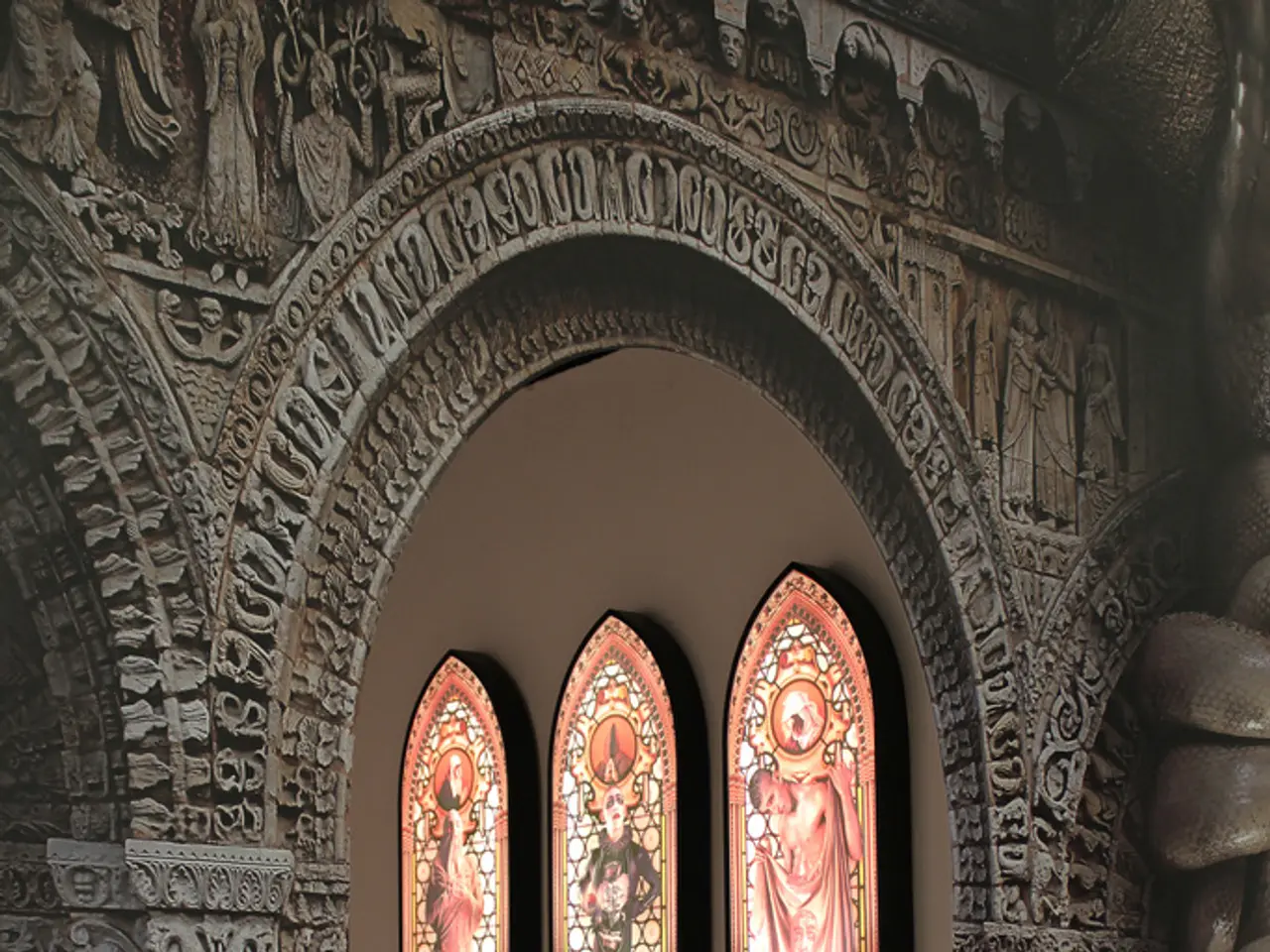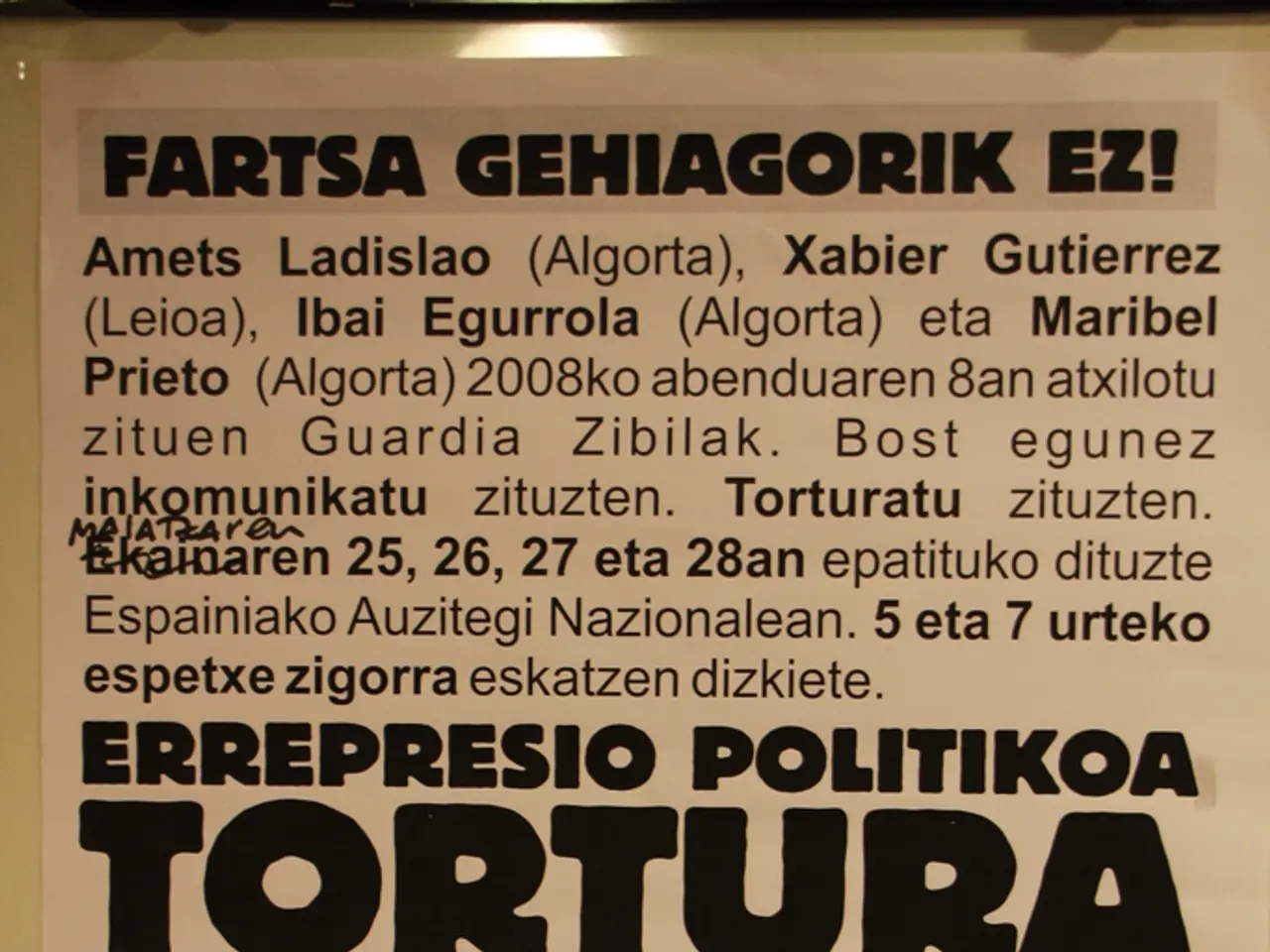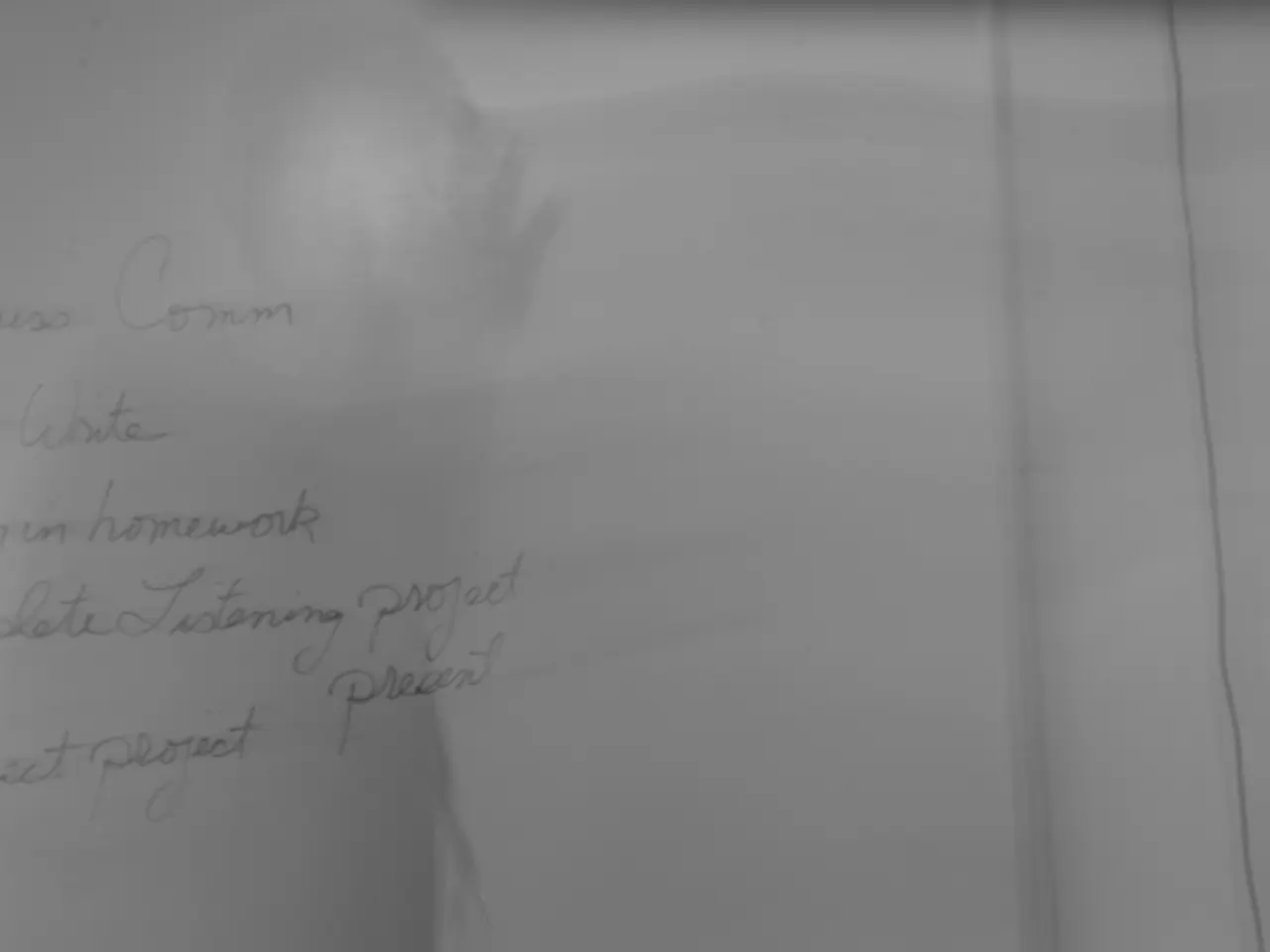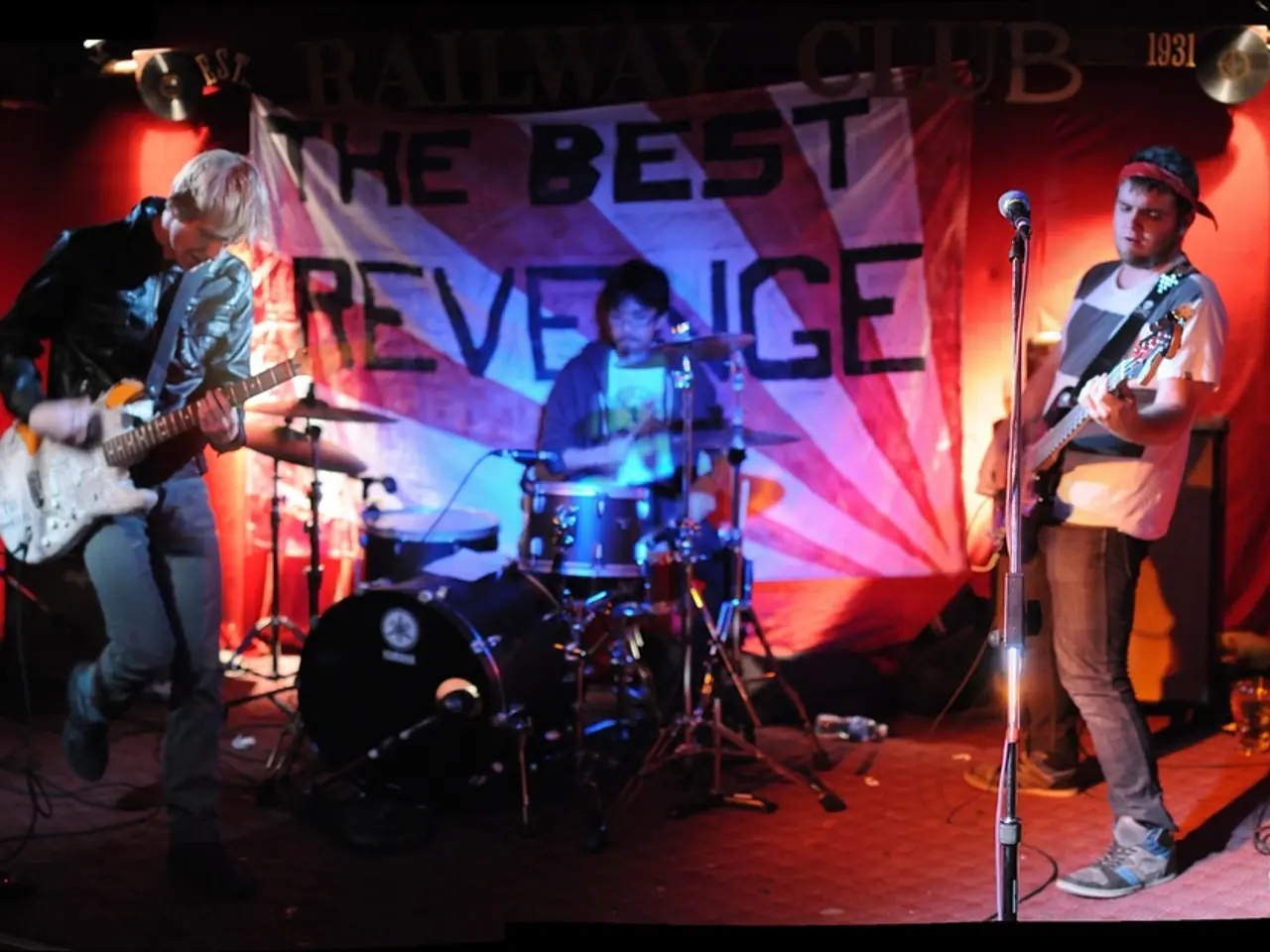Serbian President Vucic maintains his stance of not acknowledging the life sentence imposed on Bosnian Serb leader Dodik. - Serbian President Vucic rejects Dodik's judicial verdict as a Serb Bosnian leader
In the heart of the Balkans, a political storm is brewing. Milorad Dodik, the President of Republika Srpska (the Serb entity within Bosnia and Herzegovina), has been convicted and sentenced to one year in prison, along with a six-year ban on holding political office, by the Court of Bosnia and Herzegovina.
The verdict, handed down in August 2025, found Dodik guilty of defying decisions by the High Representative for Bosnia and Herzegovina, Christian Schmidt. The controversial laws passed by the Republika Srpska assembly restricted state judicial and security institutions within the entity, directly contravening Schmidt's decisions.
Dodik, who holds power in the Bosnian Serb Republic Srpska, has denounced the ruling as politically motivated, claiming it is an attempt by Sarajevo-based parties and their foreign backers to suppress the political influence of Republika Srpska's Serb leadership and the entity's autonomy within Bosnia and Herzegovina. He has characterised the court as serving Sarajevo and primarily Bosniak political interests.
However, the European Union has urged all parties to respect the court’s independence and the binding nature of the verdict, calling for adherence to the rule of law and the court’s decision.
This crisis has exacerbated long-standing tensions in Bosnia and Herzegovina, a country divided into two main autonomous entities—Republika Srpska (mostly Serb population) and the Federation of Bosnia and Herzegovina (mostly Bosniaks and Croats)—which operate under a weak central government. Dodik’s conviction and the subsequent political fallout highlight ongoing disputes about the balance of power and the functioning of state institutions in this fragile post-war arrangement.
The crisis has triggered significant concern for observers, with some viewing it as the largest in the Balkans since the Bosnian War (1992-1995). Aleksandar Vucic, the President of Serbia, has expressed his support for Dodik, describing him as the "legally and democratically elected President of the Republic Srpska." Vucic has also stated that the sentence contributes to destabilization in the region.
Thousands of Dodik's supporters have taken to the streets in protest, voicing their opposition to the verdict. The Serbian Security Council has described the decision as "undemocratic, immoral, and a serious attack on the Serbian population in Bosnia and Herzegovina."
As the situation unfolds, the international community will be closely watching events in the Balkans, hoping for a peaceful resolution to this contentious issue.
[1] BBC News (2025). Bosnia Serb leader Milorad Dodik convicted of defying UN representative. [online] Available at: https://www.bbc.co.uk/news/world-europe-62534136
[2] European Union External Action (2025). Bosnia and Herzegovina: EU reiterates call for respect for the rule of law following the conviction of Milorad Dodik. [online] Available at: https://eeas.europa.eu/headquarters/headquarters-homepage/89238/bosnia-and-herzegovina-eu-reiterates-call-respect-rule-law-following-conviction-milorad-dodik_en
[3] Reuters (2025). Bosnian Serb leader Dodik convicted of defying UN representative, faces six-year ban from politics. [online] Available at: https://www.reuters.com/world/europe/bosnian-serb-leader-dodik-convicted-defying-un-representative-faces-six-year-ban-2025-08-18/
- The judgment against Bosnian Serbian leader Milorad Dodik for defying the High Representative for Bosnia and Herzegovina does not sit well with Aleksandar Vucic, the President of Serbia, who has expressed his support for Dodik, stating that the sentence contributes to destabilization in the region.
- The ongoing political crisis in Bosnia and Herzegovina, resulting from the conviction of Milorad Dodik, has sparked concerns of war-and-conflicts, as the situation exacerbates long-standing tensions in the country and has been viewed as the largest in the Balkans since the Bosnian War (1992-1995).






